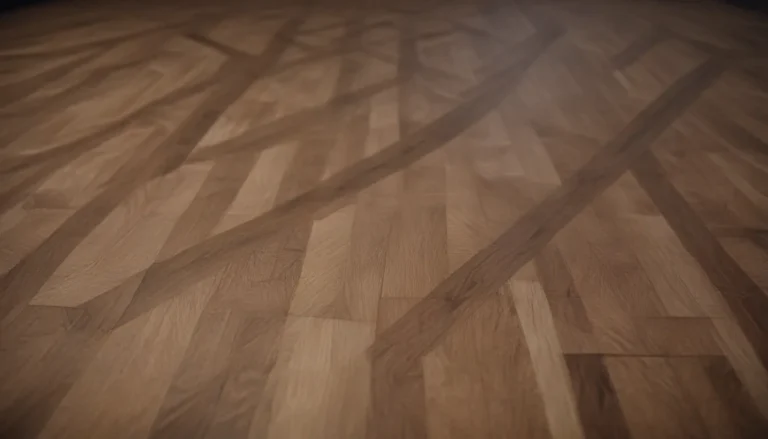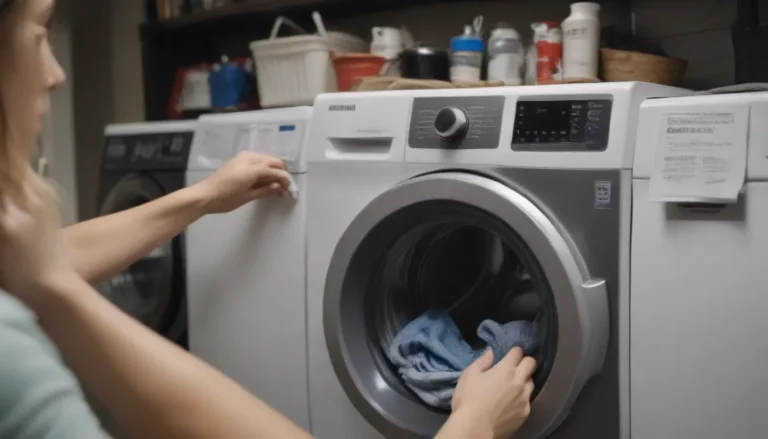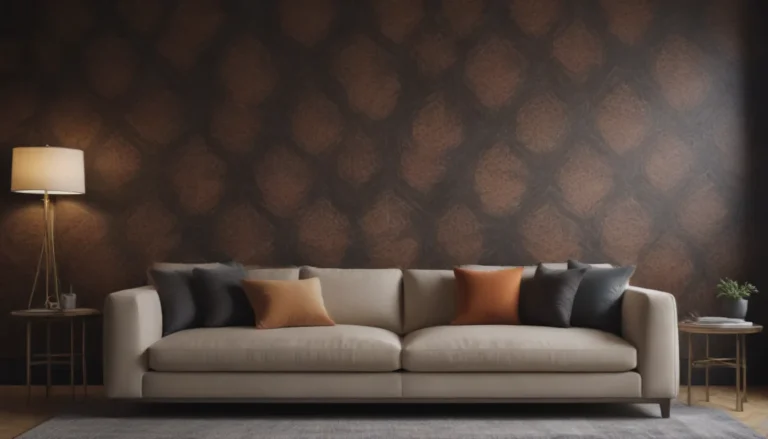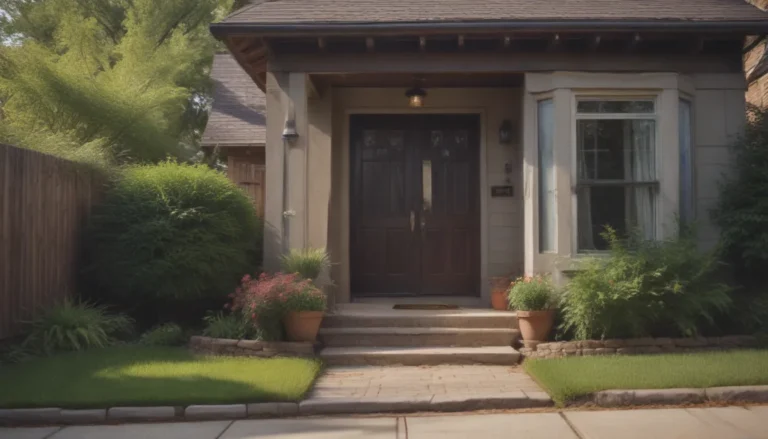Exotic Hardwoods for Flooring: A Comprehensive Guide
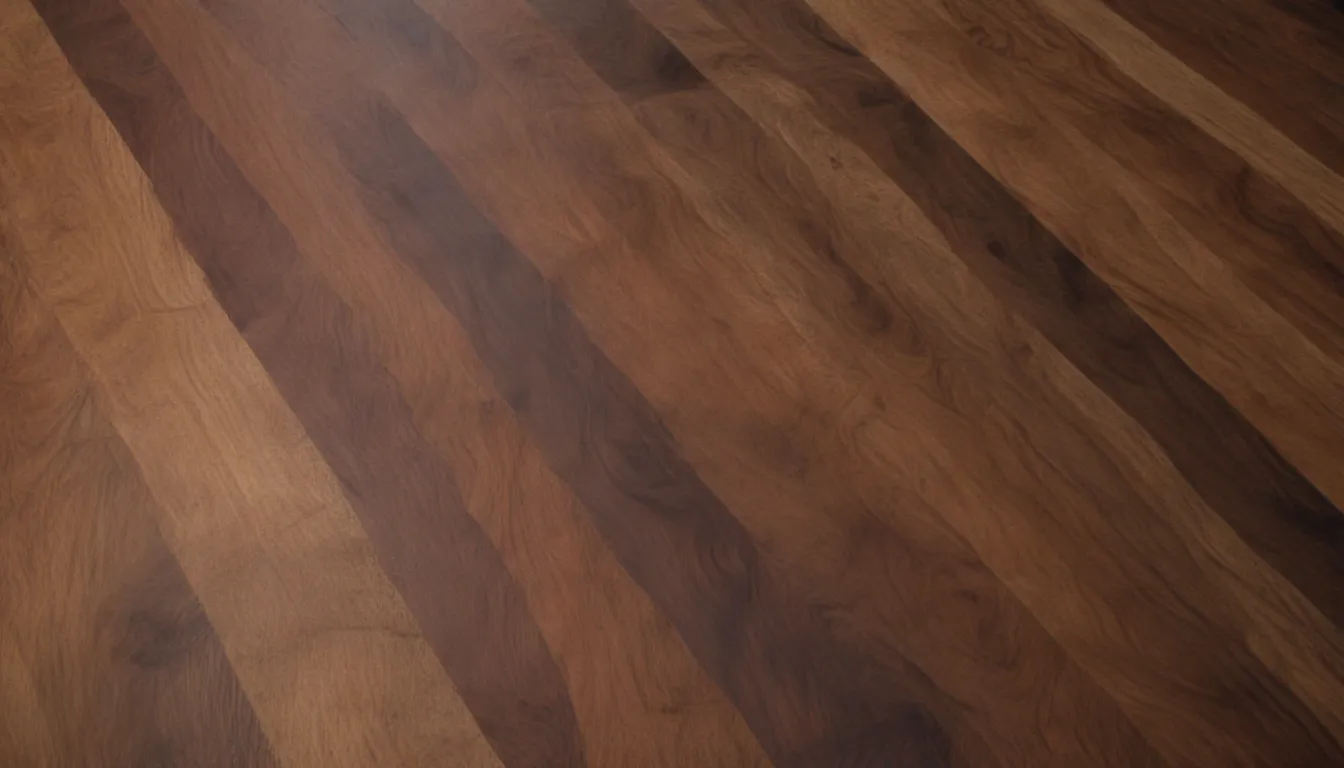
Are you considering hardwood flooring for your home or office? Have you ever thought about adding a touch of uniqueness with exotic hardwoods? Choosing the right flooring material can make a significant difference in the overall aesthetic and value of your space.
In this in-depth guide, we will explore six great exotic hardwoods for flooring, discussing their origins, unique characteristics, environmental impact, and more. Whether you are a homeowner, interior designer, or contractor, this article aims to provide you with valuable information to help you make an informed decision.
Understanding Exotic Hardwood Flooring
Before we delve into the specific types of exotic hardwoods, let’s first understand what exotic hardwood flooring really means. In the flooring industry, exotic hardwoods are those sourced from outside of the United States and Canada. While some wood species may be considered domestic in one country, they are exotic in another.
When considering exotic hardwood flooring, here are some key points to keep in mind:
What Makes Exotic Hardwoods Unique?
- Hardness: Many exotic hardwoods are known for their high Janka hardness ratings, making them extremely durable and suitable for high-traffic areas.
- Unique Appearance: Exotic hardwoods often feature wide, pronounced grains and vibrant colors that can add a bold statement to any room.
- Cost: Imported hardwood flooring tends to be more expensive due to the shipping and handling involved in bringing the products from overseas.
- Environmental Impact: Sustainable harvesting practices are crucial to preserving the delicate ecosystems where exotic hardwoods grow.
Environmental Considerations
The growing demand for exotic hardwoods has raised concerns about deforestation and environmental sustainability. Organizations like the Forest Stewardship Council (FSC) play a vital role in certifying wood products that are harvested in a responsible and sustainable manner.
While some argue that creating a market for forest timber can help protect and plant hardwoods, others believe that only lumber from managed second-growth forests should be considered truly sustainable. As a conscious consumer, choosing FSC-certified woods can contribute to preserving our planet’s resources for future generations.
6 Great Exotic Hardwoods for Flooring
Now, let’s explore six exotic hardwoods that are popular choices for flooring, each with its own unique characteristics and considerations:
1. Brazilian Cherry (Jatoba)
Origin: Brazil, Peru, Mexico
Pros:
– Beautiful fiery red tones
– High durability
– FSC certification available
Cons:
– Previous issues with deforestation
– Verify sustainability certifications before purchase
2. Tigerwood
Origin: South America, African Congo
Pros:
– Striking wide grains with unique patterns
– Eye-catching appearance
– FSC-certified options available
Cons:
– Harvesting practices vary
– Verify sourcing from managed forests
3. Kempas
Origin: Indonesia, Malaysia
Pros:
– Darkens beautifully when stained
– Versatile for various design styles
– Verify legality of sourcing
Cons:
– Concerns about illegal imports
– Check for sustainable harvesting practices
4. Sapele Mahogany
Origin: Tropical Africa
Pros:
– Wavy-grained hardwood with rich color
– Mid-range hardness on Janka scale
– Considered a species “of concern”
Cons:
– Verify FSC certification
– Watch for sustainability practices
5. Australian Cypress
Origin: Australia
Pros:
– Rustic appearance with pronounced grain
– Cost-effective and sustainable
– Sourced from second-growth forests
Cons:
– Considered a species “of least concern”
– Environmentally friendly choice
6. Ipe (Brazilian Walnut)
Origin: Central, South America
Pros:
– Extremely durable (3,680 Janka rating)
– Tough hardwood for high-traffic areas
– Verify sustainable sourcing practices
Cons:
– Reduced availability of FSC-certified supplies
– Ensure wood is sustainably harvested
Conclusion
In conclusion, exotic hardwood flooring offers a unique opportunity to enhance the beauty and value of your space with stunning colors, patterns, and durability. By choosing sustainable options and verifying certifications like FSC, you can enjoy the beauty of exotic hardwoods while contributing to the conservation of our planet’s resources.
When selecting hardwood flooring for your next project, consider the characteristics of each exotic wood species mentioned in this guide and make an informed decision that aligns with your design preferences and sustainability values. Here’s to creating a beautiful space that reflects your style and cares for the environment!
